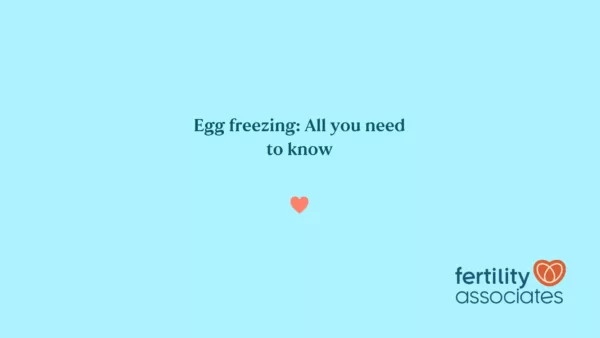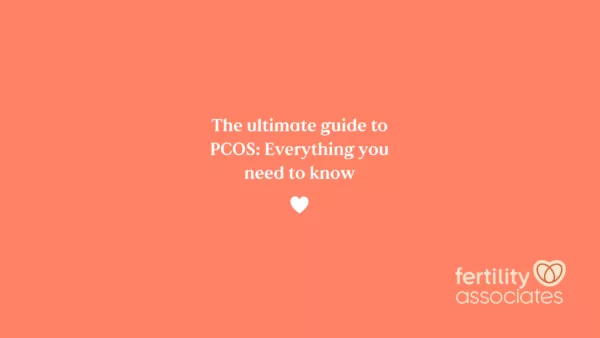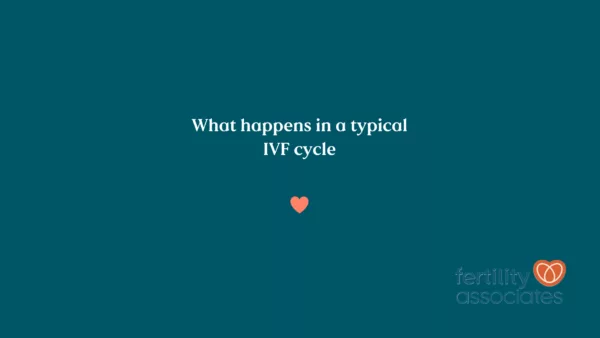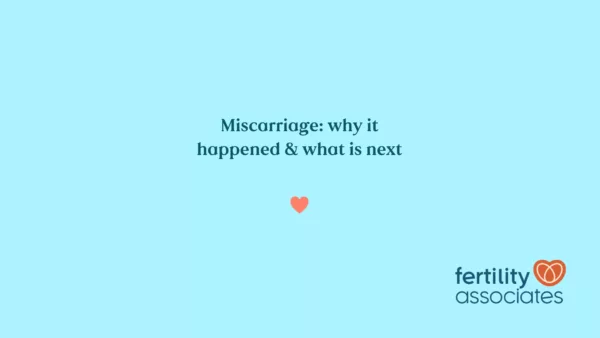Endometriosis & fertility.
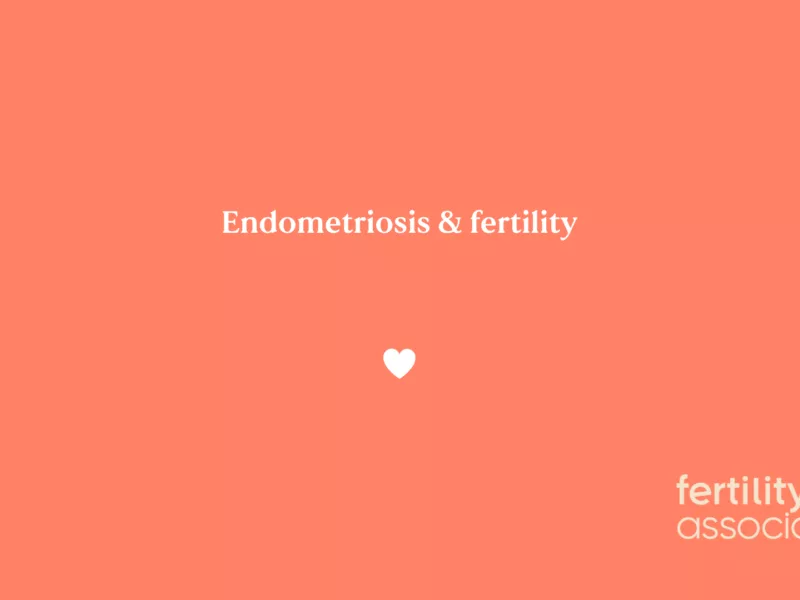
Dr Phill McChesney is one of NZ's top gynaecologists who specialises in Endometriosis. Phill also has many years of advanced training in fertility, reproductive endocrinology and minimally invasive surgery, which makes him one of the few fertility specialists in New Zealand to have CREI.



